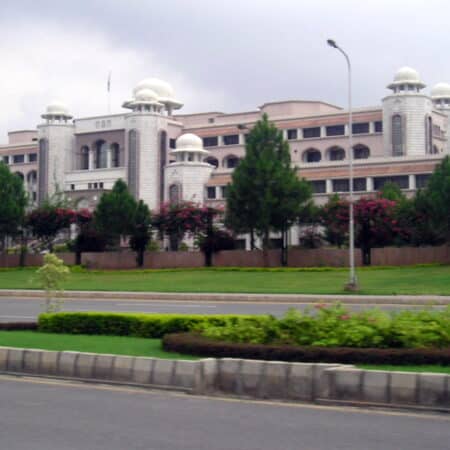
Decentralization and Institutions: An Insight
Around the world, governments strive hard to optimally provide public goods to its people. They tried to ensure this optimal provision through their implementing agents. But implementing agents, most often, are deficient in or do not possess the qualities of an ideal implementing agent. So, in a given context the qualities of a proposed implementing agent needs to be assessed in terms of motivation, local information, capacity, resources and coordinating oversight to improve governance. Most often policymakers choose among different set of governance structure design to improve on these dimensions for better outcomes of their policies. Hence, governance responsibilities are decentralized and divided between the upper and lower tiers of the government.
Typically, the federal government (upper tier) takes care of the macro aspects of the economy. The lower tiers (e.g. district government) focus on service provision, in accordance with local and territorial needs for greater allocative efficiency, larger local participation, faster market development and growth. The available evidence, from countries such as Indonesia, Bolivia, Uganda etc., supports the narrative that decentralization has delivered quality improvements in different sectors including health, education, sanitation and alike local services.
Being an important governance structure design, decentralization have been extensively theorized. There are two main theoretical paradigms that focus on the effectiveness of decentralized decision making and their implementation structure. The first is positive aspects of decentralization in ensuring economic proficiency in public service delivery, but has no empirical support. The second one goes deeper and elaborates how weak institutional setup in fragile democracies leads to regional inequality and corruption. This could result in lower service delivery. So, the second paradigm is considered a sufficient condition for the success of decentralization, which talks about the integration of decentralization and institution.
Therefore, strong institutions are the major channel through which decentralization can enhance service delivery through better resource allocation causing long-run economic growth. We assessed whether a complementary relationship between institutions and decentralization is instrumental for economic growth. Based on our comprehension from panel data of 43 countries (1984-2012), we found that control over corruption reflects a healthier institutional framework which scales up economic activities. Therefore, in less corrupt regimes, decentralization is more effective.
Secondly, we also assess the role of democratic accountability which relates to strong democratic institutions. This dimension explains that with strong democratic institutions, countries can promote economic growth by allowing stability along with accountability in the system. Here, we found an inverse relationship between democratic accountability and economic growth.
Excessive freedom and voice at the local level makes it hard to optimally provide the local public goods. Over-exposure of the elected representatives to the local population many divert their attention from service provision to countering opponents’ strategies. This curtails their ability to plan independently when they account for various factors (opponents’ propaganda, bureaucratic delays, public expectations etc.). These factors delay the process of planning and execution of important projects and programs. This explains the reason for non-complementarities between decentralization and democratic accountability, which result in lower service delivery.
Overall, decentralization and institutions both play their role in achieving enhanced economic growth. However, policymakers need to assess the ways and means to use enhanced democratic accountability for improved service delivery. They should not limit the ability of local representatives to independently plan and execute important projects and programs.



